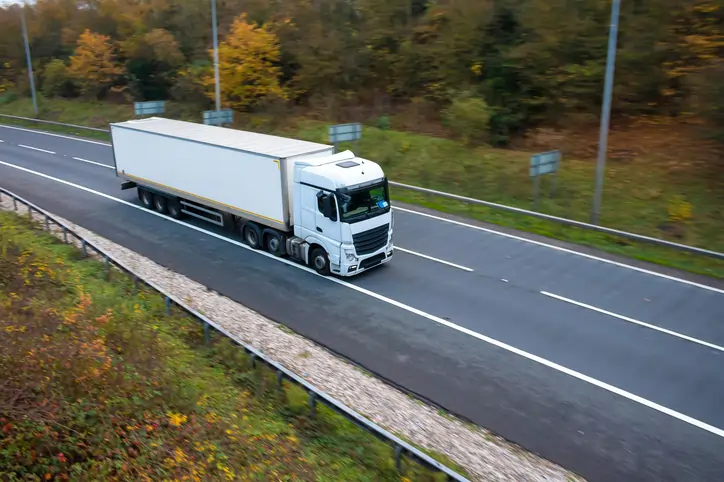
As a self-employed Heavy Goods Vehicle (HGV) driver, managing costs is crucial to maintaining profitability. Here are five practical ways to reduce expenses and boost your bottom line.
- Utilize Fuel Cards:
Fuel costs constitute a significant portion of your expenses as an HGV driver. One effective way to reduce fuel expenses is by utilizing hgv fuel cards. These cards often offer discounts on fuel purchases at specific petrol stations, helping you save money with every fill-up. Additionally, some fuel card providers offer tools to monitor fuel usage and identify areas for potential savings. By choosing the right fuel card and taking advantage of associated benefits, you can significantly reduce your fuel expenditure over time.
- Optimize Route Planning:
Efficient route planning can lead to considerable savings in fuel, time, and vehicle wear and tear. Utilize GPS navigation systems or route planning software specifically designed for HGV drivers to identify the most fuel-efficient routes with minimal congestion and roadworks. By avoiding unnecessary detours and traffic-heavy areas, you can not only reduce fuel consumption but also increase your productivity by delivering goods more swiftly.
- Maintain Your Vehicle:
Regular maintenance is essential for keeping your HGV in optimal condition, reducing the risk of breakdowns and costly repairs. Schedule routine inspections and servicing to address any potential issues before they escalate. Pay particular attention to tyre pressure, engine performance, and fuel efficiency. Keeping your vehicle well-maintained not only saves on repair costs but also ensures it operates efficiently, ultimately reducing fuel consumption.
- Practice Fuel-Efficient Driving:
Adopting fuel-efficient driving habits can lead to substantial savings over time. Avoid excessive idling, rapid acceleration, and unnecessary braking, as these actions consume more fuel. Maintain a steady speed and use cruise control where appropriate to optimize fuel efficiency, especially on long journeys. By driving smoothly and anticipating traffic flow, you can minimise fuel consumption and extend the mileage of each tank, ultimately reducing your overall fuel costs.
- Negotiate Insurance Premiums:
Insurance premiums can be a significant expense for self-employed HGV drivers. To reduce this cost, consider negotiating with insurance providers or shopping around for competitive quotes. Highlight your clean driving record, adherence to safety regulations, and any additional training or certifications you possess. By demonstrating your commitment to safe driving practices and risk mitigation, you may be able to secure lower insurance premiums, thereby reducing your overall operating expenses.
In conclusion, as a self-employed HGV driver, implementing cost-saving measures is essential for maintaining profitability. By utilising fuel cards, optimizing route planning, maintaining your vehicle, practicing fuel-efficient driving, and negotiating insurance premiums, you can effectively reduce your operating costs and improve your financial sustainability in the competitive transportation industry.


